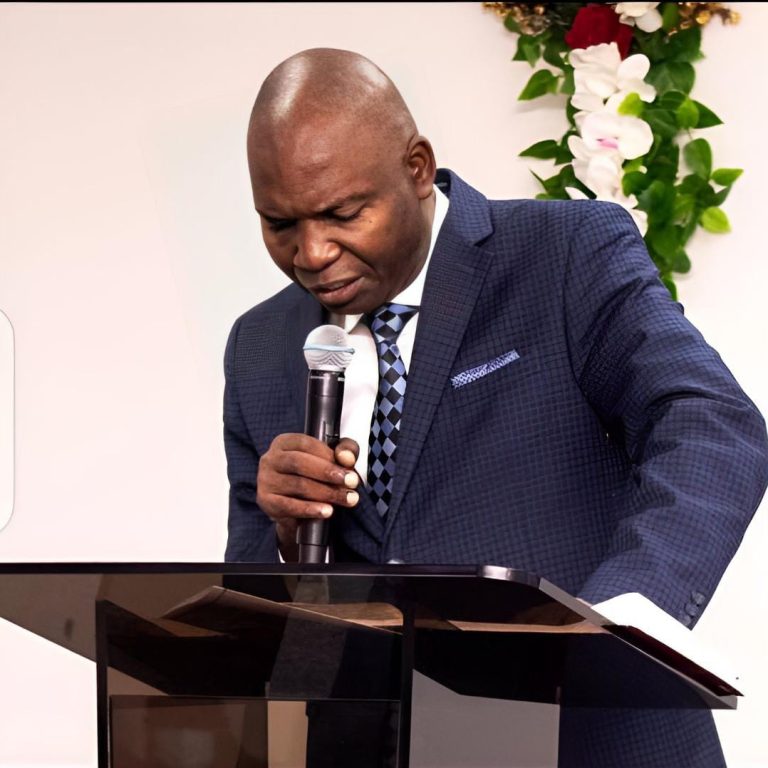Authentic Truths in Addiction: The Aftermath of Dependency

The journey of recovery is not merely a return to sobriety, but a confrontation with the raw realities that addiction sought to obscure. It is in this aftermath that the authentic truths of addiction are laid bare, demanding reckoning, acceptance, and ultimately, healing.
The Relentless Grip of Addiction
Addiction, in its essence, is a master of deception. It seduces with the promise of relief, offering a temporary reprieve from the ache of existence or the weight of unresolved trauma. Yet, as the habit deepens, it tightens its grip, leaving its victims ensnared in a vicious cycle of craving and consumption. The substance—be it alcohol, narcotics, or any other form of dependency—becomes both a salve and a tormentor, distorting reality and eroding the self.
But what lingers long after the final drink, the last dose, is not simply the craving for more, but the scars etched by years of dependence. Relationships fray, trust dissolves, and a once vibrant sense of identity often lies in tatters. Addiction, after all, is not an isolated affliction; it ripples outward, leaving in its wake a trail of fractured families, financial ruin, and profound emotional wounds.
The Return to Self
Recovery is an arduous path, and its challenges extend far beyond the physical cessation of substance use. The true work begins in the aftermath, where the individual must face the authentic truths of their existence. Who are they without the crutch of addiction? What unresolved pains lie at the heart of their dependency? It is in this crucible of self-examination that the seeds of transformation are sown.
One of the most profound truths to emerge is the recognition of vulnerability. Addiction thrives in isolation, in the shadows of shame and secrecy. Recovery, by contrast, demands openness and connection—a willingness to admit frailty and seek support. This is not a sign of weakness but a testament to human resilience, a courageous step toward reclaiming agency over one’s life.
Rebuilding and Reconciliation
The aftermath of addiction also necessitates a process of rebuilding. For many, this involves confronting the wreckage left behind: estranged loved ones, neglected responsibilities, and opportunities lost to the haze of dependency. Reconciliation is not guaranteed, but the act of seeking it—of extending apologies and making amends—becomes a cornerstone of recovery.
Equally important is the rebuilding of self-esteem. Addiction often leaves individuals trapped in a cycle of self-loathing, their sense of worth corroded by guilt and regret. Recovery offers a chance to redefine oneself, not as a victim of addiction, but as a survivor, capable of growth and change. This redefinition is bolstered by small victories: a day of sobriety, a repaired relationship, a rediscovered passion or purpose.
The Unyielding Nature of Hope
Perhaps the most enduring truth in the aftermath of addiction is the unyielding nature of hope. Even in the darkest moments, recovery is possible. It is a journey marked by setbacks and challenges, but also by resilience and redemption. The human spirit, though battered, possesses an extraordinary capacity for renewal.
For those who emerge from the shadow of addiction, the authentic truths of their experience become a source of strength. They carry with them not only the scars of their struggle but the wisdom it imparts—the understanding that life, however flawed, is worth reclaiming. In this way, the aftermath of addiction becomes not an end, but a beginning: a testament to the enduring power of human resilience and the possibility of transformation.
In the quiet, reflective moments of recovery, one finds not just freedom from addiction, but a profound connection to the self—an authentic truth that no substance could ever replicate.













